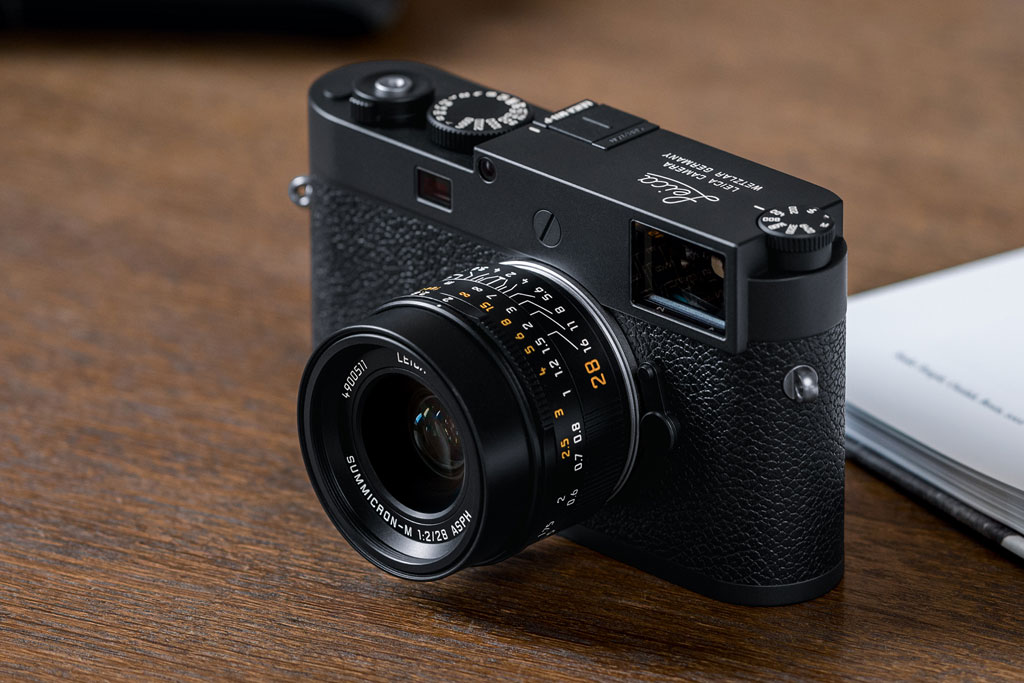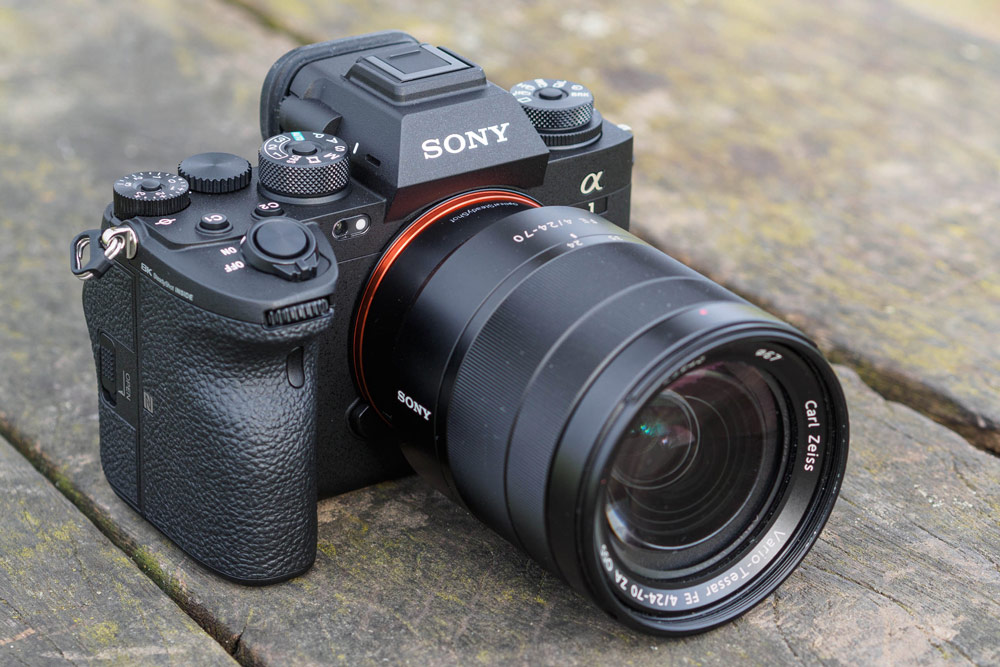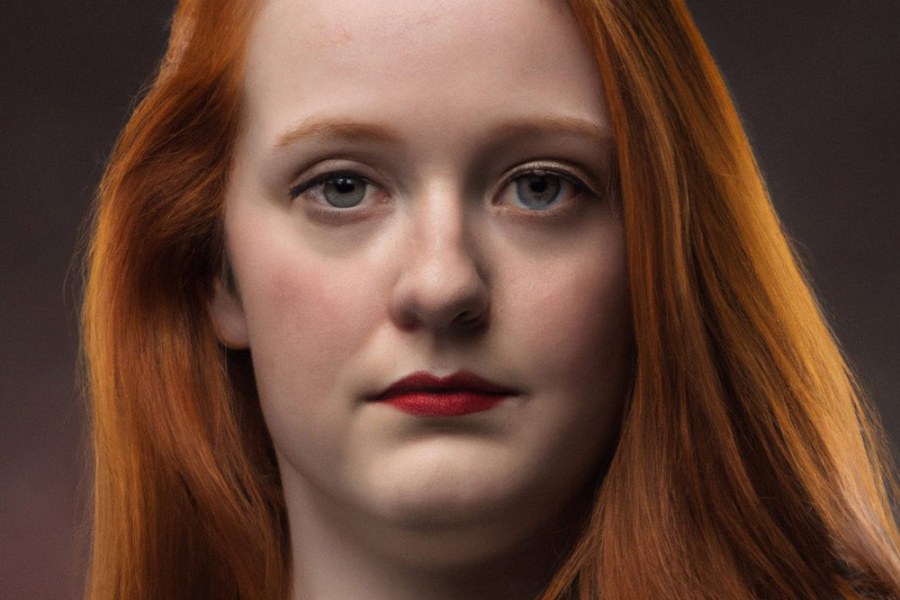When the three biggest makers of mirrorless cameras and lenses all start going in the same direction, you know that something’s afoot. In this case, it’s the growing worry over the ease with which AI can generate ‘fake’ images, and what camera makers should be doing in response.
As identified in our recent round-up of the biggest news stories from 2023, in-camera image authentication already exists – Leica got there first with its innovative M-11 P – and is only likely to grow.

Leica’s new M-11P is the first camera to support Content Credentials. Credit: Leica
The widespread commercial use of AI generated images is not only a potential threat to photographers, but also to camera makers – why should people shell out for a pricey new mirrorless camera body and lens when they can cook up images on the computer (or phone) they already have?

Image authentication promises to make it easier to identify images generated by AI, such as this one. Credit: Joshua Waller. Model: Lucy Woodroffe.
Fighting fakes: toward a global standard for digital signatures
According to a recent report on the Japanese business news site Nikkei Asia, Canon, Sony and Nikon have agreed upon a global standard for digital signatures, which will make it easier to identify when and how a photograph was taken, and by whom.
Unlike current EXIF data, these signatures will be tamper-proof, and compatible with something called Verify. This web-based tool, set up by a range of news organisations and technology companies, will enable anyone to check whether an image has a digital signature – if none is present, a message will appear, warning the user that the image has no ‘content credentials.’
Frustratingly, the three makers are being vague on specifics. Sony is the most forthcoming, promising firmware updates for its pro-range cameras in the spring, but it hasn’t named an exact date or models.

Sony’s flagship A1 will presumably be one of the first models to get image authentication
Canon is also promising image authentication on its pro bodies this year, without naming dates, while Nikon is just saying it will implement this feature on all its mirrorless cameras (Nikon is also a member of the Coalition for Content Provenance and Authenticity set by Adobe).
Sony and Canon are also working on similar technology to authenticate video, while Google has already released SynthID, a tool which watermarks and identifies images by created AI. This story, as they say, is definitely not going away.
Further reading
This model earns £10,000 a month – but she isn’t real
Will AI replace photographers?
AI images in the news media must be labelled, says Magnum boss
The best Canon mirrorless cameras
The best Sony cameras
The best Nikon mirrorless cameras







